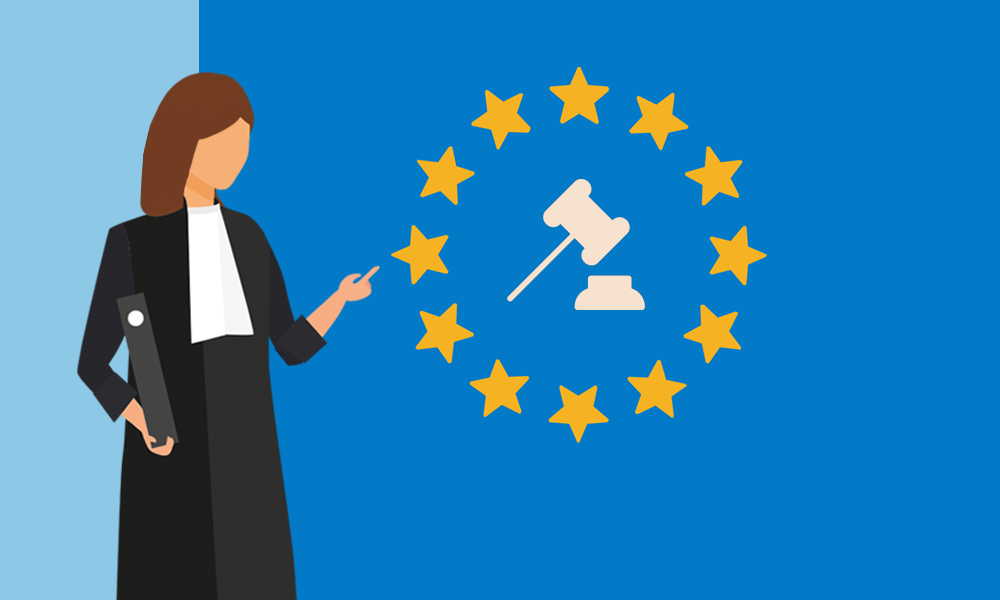On May 21, 2024, the European Council approved the AI Act. A milestone, as this law could set a global standard for the regulation of artificial intelligence (AI). What are the main tenets of this legislation?

The purpose of the law is to promote the development and deployment of secure and reliable AI systems in the internal market of the European Union (EU). By both private and public parties. In addition, the goal is to protect the fundamental rights of EU citizens and encourage innovation in the field of AI in Europe. For example, before introducing a high-risk AI system, the impact on people's fundamental rights must first be assessed.
The new legislation assumes different levels of risk. AI systems with limited risk will face light transparency obligations. While high-risk systems will instead face requirements and obligations for access to the EU market. It is also envisaged that there will be a registration bank for high-risk AI systems. In case of unacceptable risk, such as behavioral manipulation, AI systems will be banned. Furthermore, the law prohibits the use of AI for policing based on profiling.
To handle enforcement, there will be a number of new governing bodies. Such as an AI agency to enforce common rules across the EU, and a scientific panel of independent experts to support enforcement.
20 days after publication in the EU Official Gazette, the law enters into force. The new regulation takes effect 2 years after its entry into force, with exceptions for specific provisions. Read more about the AI Act (1).
(1) https://www.consilium.europa.eu/nl/press/press-releases/2024/05/21/artificial-intelligence-ai-act-council-gives-final-green-light-to-the-first-worldwide-rules-on-ai/

